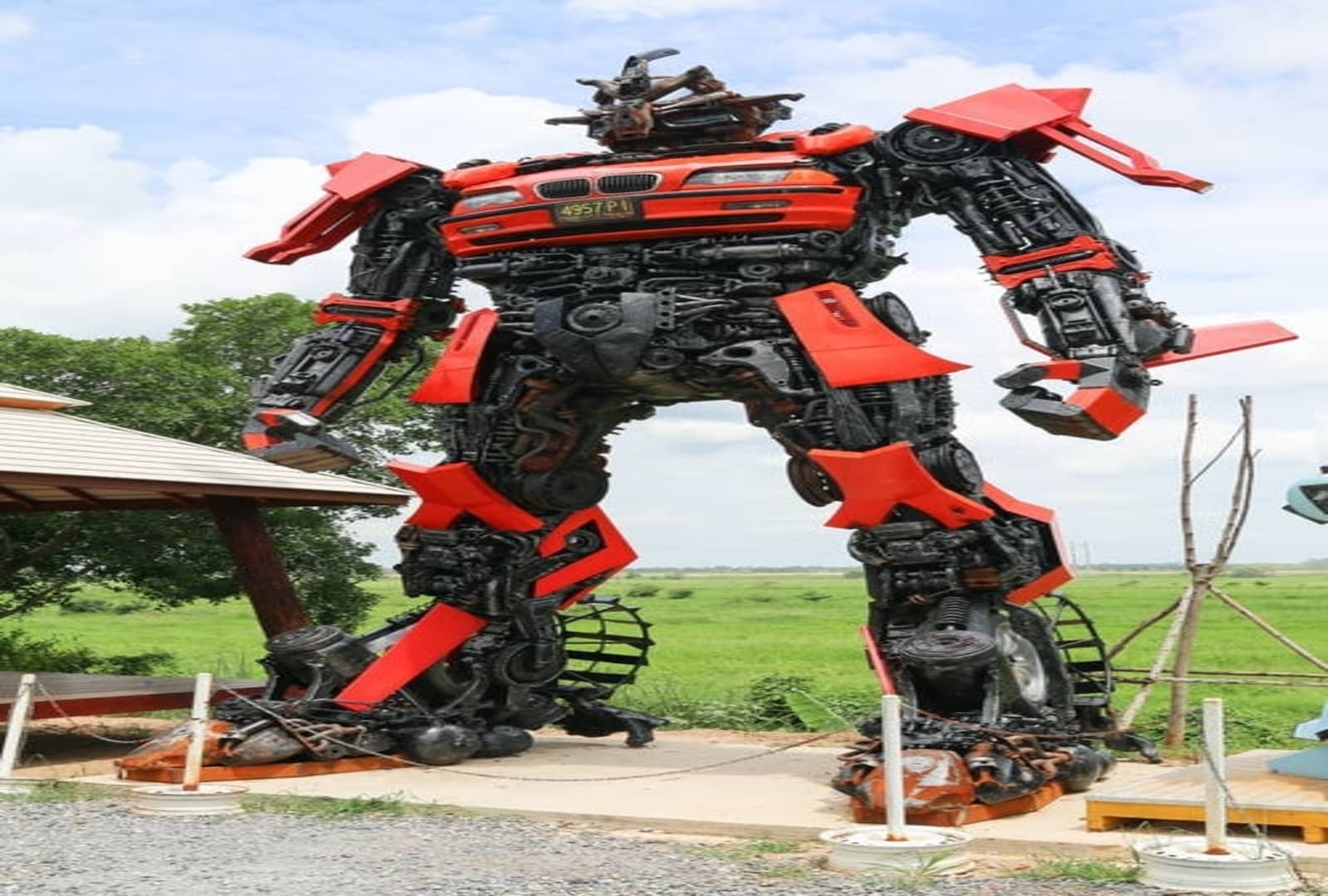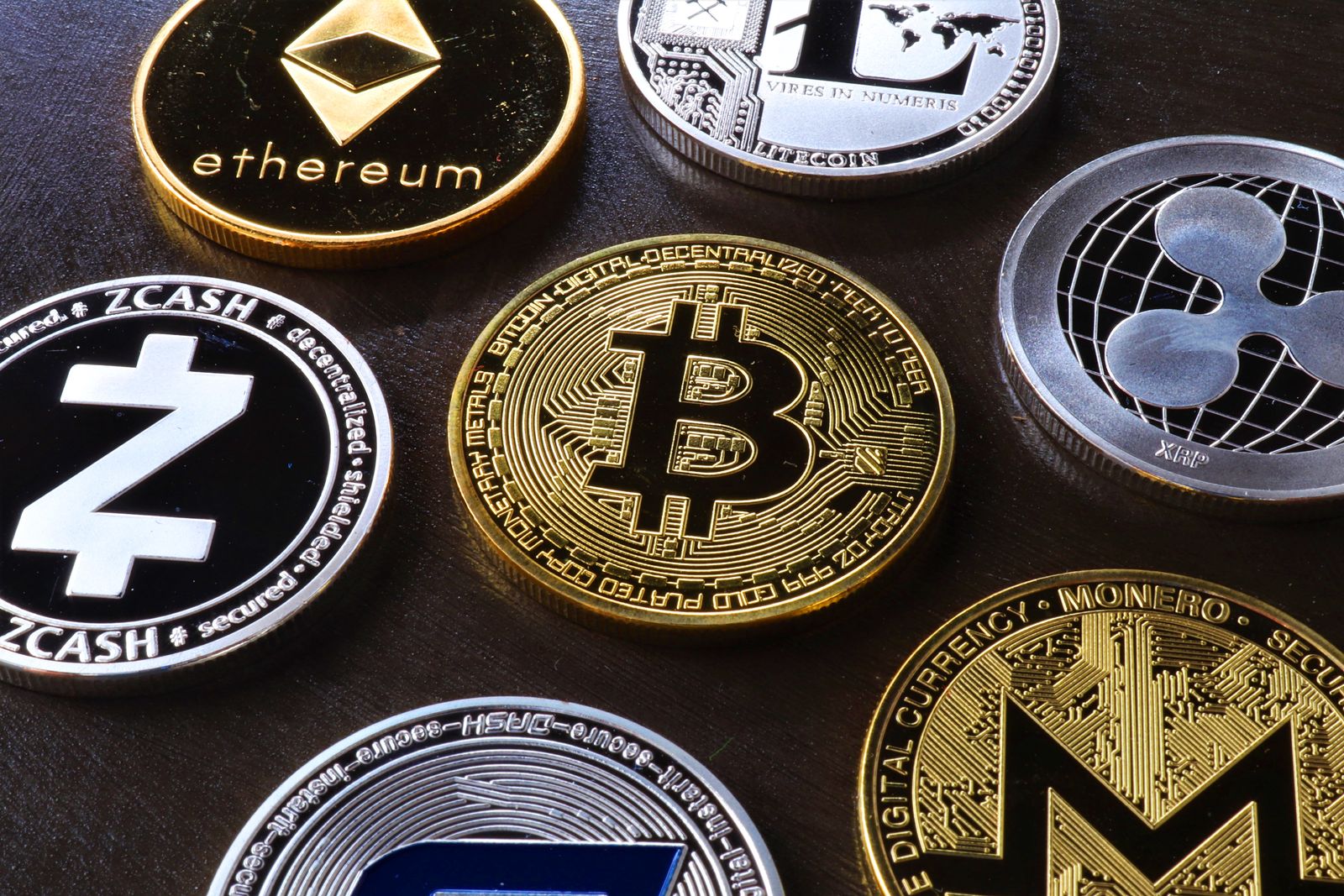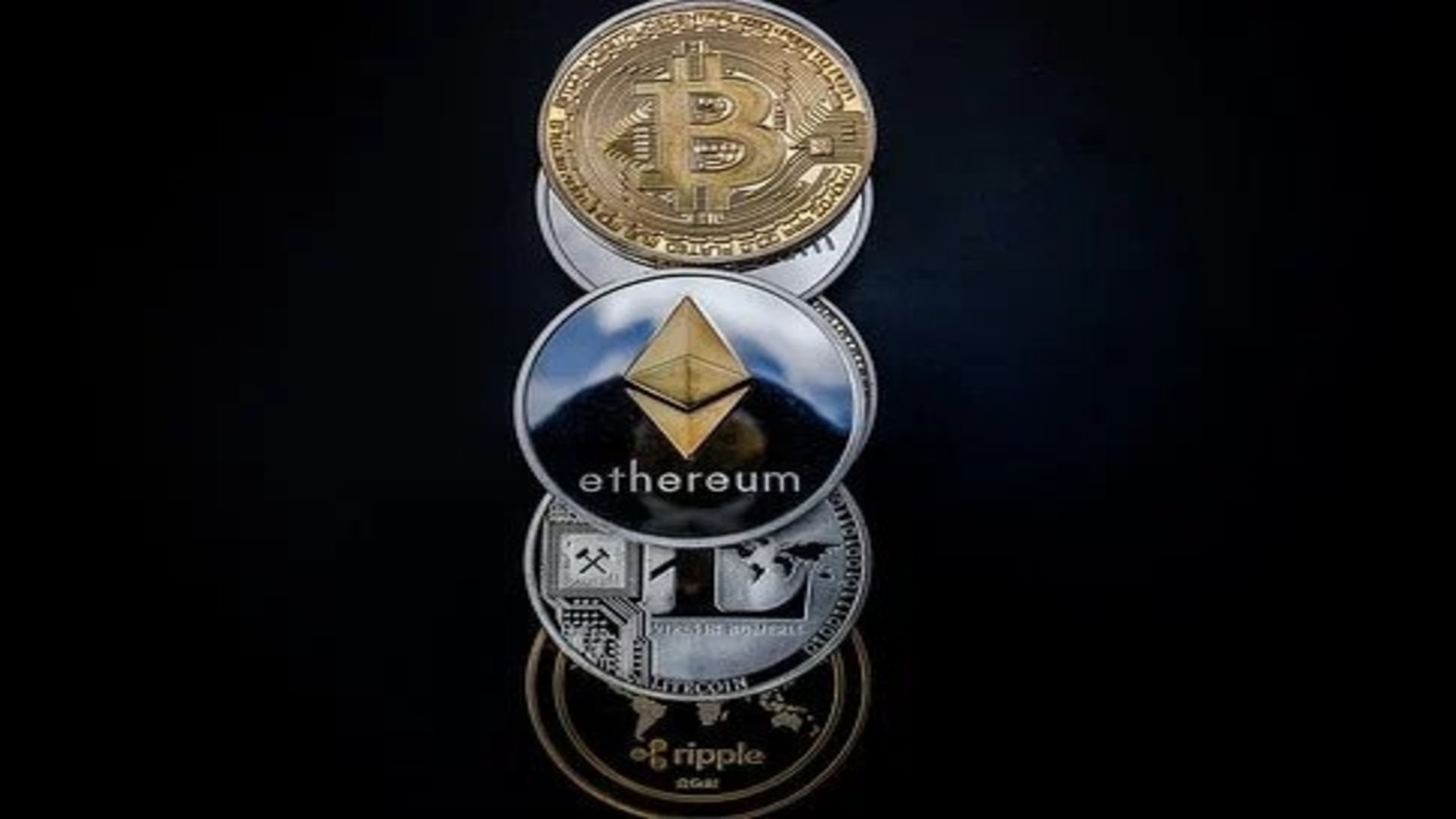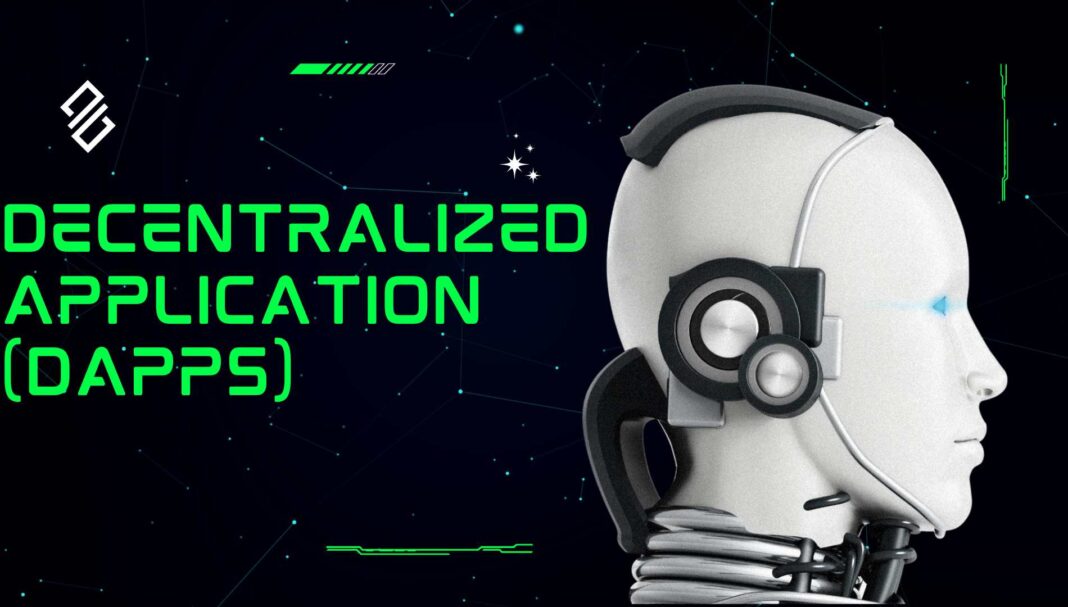Contents
What Are Decentralized Applications ( dapps )
A decentralized app is a distributed open-source software that runs on Peers to Peers (P2P) on Blockchain rather than on a single device. Dapps are similar to other Apps and Software that run on a computer, but they are peer-to-peer (P2P) Supported.
Dapps are the kind of applications that, once the developer runs on a code base, anyone can build on its top. The app is not in the control of a single authority. Dapps are developed to create different apps like gaming, social media, and finance Apps.
Dapps are built on the decentralized blockchain ledger. Blockchain enables Dapps to process the data through the distributed network and execute it. Ethereum Blockchain is used to build dapps mostly.
Mostly Ethereum Blockchain is powered by popularizing dapps, and these Apps are publically available. There is no point in failure.
How Does Dapps Work?
Decentralized Apps have some features as follows;
- They provided a Decentralized Storage Date
- They are open Source: All required changes are on the user’s interest base. All changes are made to the database.
- They offer cryptographic data, which is proven to be correct.
Decentralized Applications are similar to other apps as they use the same front-end data and work on the same bases. But the dapps backend is different as they work based on Blockchain thats why it is free and not in control of any individual.
While traditional apps run on a centralized database server, dapps are decentralized and run on smart contracts, specifically Ethereum Blockchain. Intelligent contracts run on the backend and have a tiny part in the backends of Decentralized applications.
Benefits Of Decentralized Applications ( Dapps)
Decentralized Apps have the following Prons or Advantages
- Data Integrity: Data stored in the Blockchain is secure and immutable because the Algorithm ensures that no one can change that data from blocks.
- Fault Tolerance: If a single Node is working in decentralized apps, still app will not be down, but the performance can be downgraded.
- User Privacy: Users don’t need to provide details to use Dapps; open and use it.
- Flexible Platform: Ethereum platform is flexible enough to enable the quick dapps development
Disadvantages Of Decentralized Applications (Dapps )
Dapps have the following cons or weaknesses as
- Hard To Scale: Decentralized networks are more complex to scale than Centralized networks.
- User Experience: As dapps do not work as centralized apps, it is more difficult for developers to make them user-friendly.
- Maintenance: Dapps are challenging to maintain and update as all updates require a census of Blockchain peer-to-peer networks.
- Network Congestion: If dapps use too many resources, they will return to the network.
What are the Examples Of Decentralized Applications
Although there are thousands of Dapps, some famous of them are
- TraceDonate: The service connects charities and donors and builds trust between them so that all donations reach the needy. Funds are kept in a digital ledger where donors can see how funds are spent.
- A chainLink is software that provides temper proofs, inputs and output. Google is also testing it for BigQuery Pass Data House.



















































